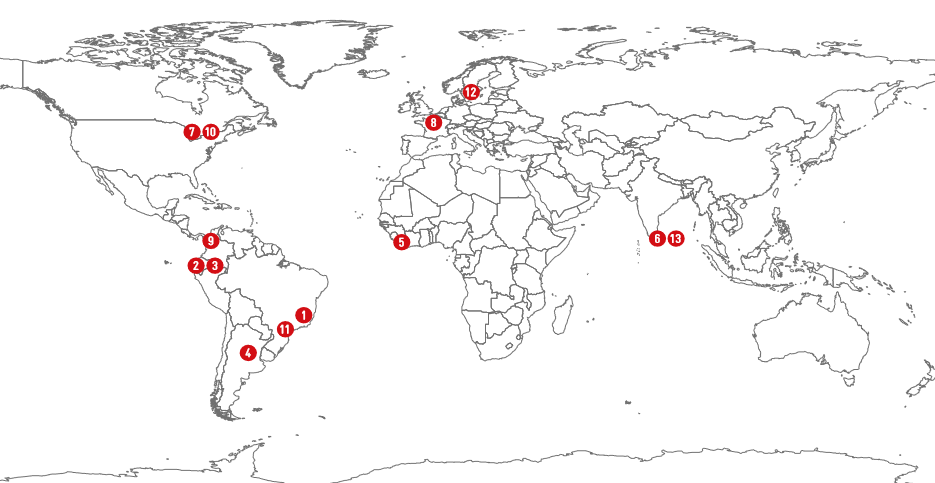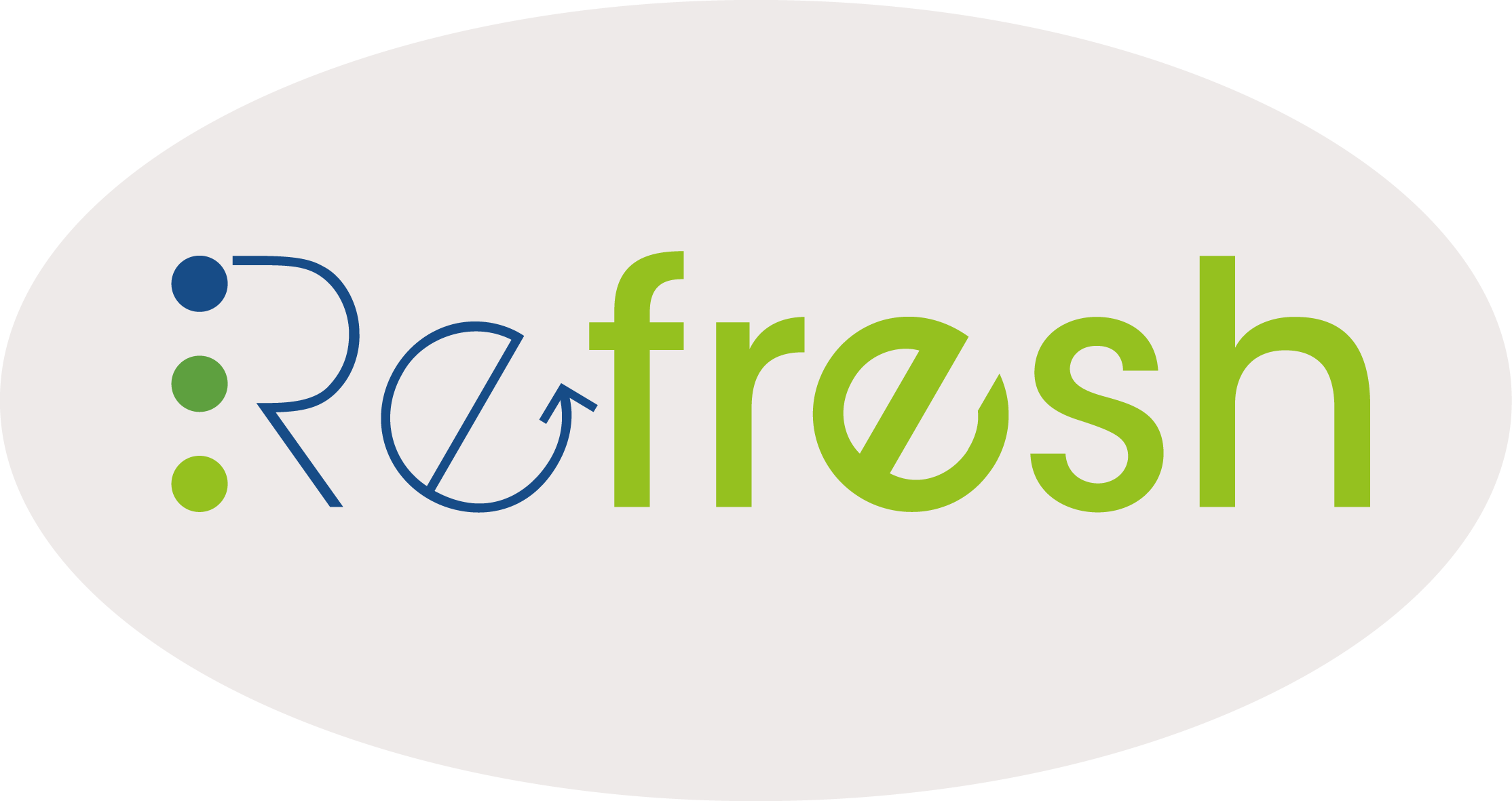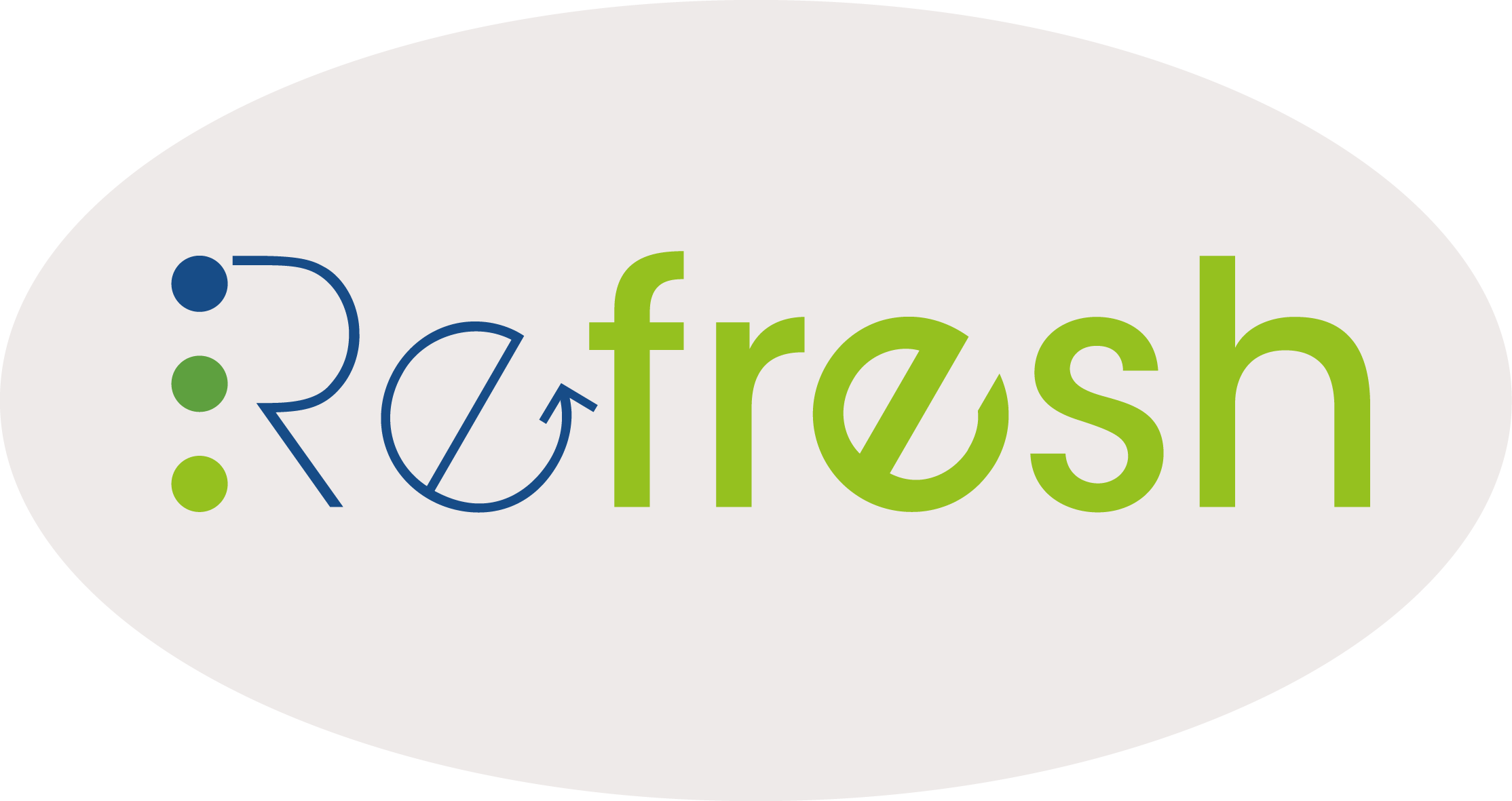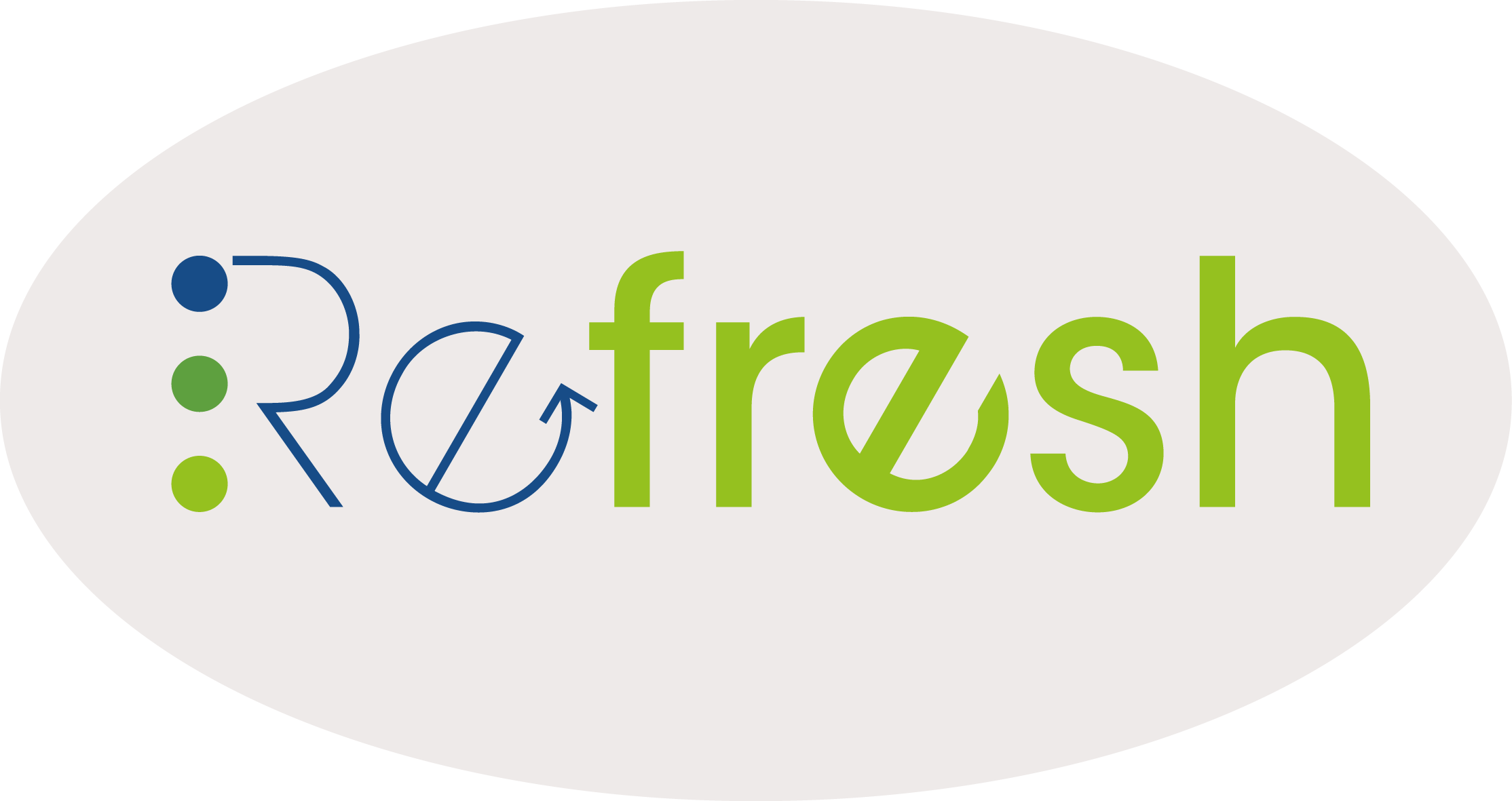City Region Food Systems and Food Waste Management
Uploaded by: Andrea Magarini
Uploaded on: 27th February 2018
Author(s): Marielle Dubbeling (RUAF), Camelia Bucatariu (FAO), Guido Santini (FAO), Carmen Vogt (GIZ), Katrin Eisenbeiß (GIZ)
- Share
Overview
Rapid urban growth; growing food and nutrition insecurity; unbalanced food availability, distribution and access; environmental degradation, resource scarcity and climate change; unsustainable production and consumption patterns, including generation of food waste – all of these have important developmental implications for both urban and rural areas alike. It is increasingly recognised that in order to respond to these challenges, integrated territorial development and balanced urban-rural linkages must be pursued for the benefit of both urban and rural populations.
City region food systems (CRFS) offer concrete policy and programme opportunities within which these developmental issues can be addressed and through which rural and urban areas and communities in a given city region can be directly linked. These specifically address Sustainable Development Goal (SDG) Target 11a – to support positive economic, social and environmental links between urban, peri-urban and rural areas – and are instrumental in linking SDG 11 with SDG 2 (on sustainable agriculture and food and nutrition security) and SDG 12 (on sustainable production and consumption). This publication documents thirteen case studies from city regions around the world which are developing CRFS projects, programmes, and policies, including those related to the prevention, reduction and management of food waste. Lessons learned from the case studies for sustainable development of CRFS call for local, city regional, and (sub) national governments to institutionalise city region food systems, providing them an institutional setting and budget, linking them to larger city region development plans, and monitoring their developmental impacts across urban and rural areas. They also call for (sub)national and legal frameworks which embed CRFS within broader legislation, specifically the ‘Right to Food’ and the ‘Right to the City’, acknowledging the need to guarantee both urban as well as rural food and nutrition security, as well as to regulate (unplanned) urban expansion on agricultural land in order to safeguard food and ecosystem services. The selected cases also highlight the need to strengthen horizontal and vertical governance systems as well as multi-stakeholder and cross-sectoral partnerships.
Finally, the cases offer a large number of strategies and tools that can be applied by city regions around the world, including the promotion of (peri)urban agriculture, preservation of agricultural land areas and watersheds through land use planning and zoning, development of food distribution and social protection programmes for vulnerable groups, support for short supply chains and local procurement of food, and promotion of food waste prevention, reduction and management, as well as the recovery and redistribution of safe and nutritious food for human consumption.
City Region Food Systems are vital to the implementation of the Agenda 2030 and the New Urban Agenda (NUA) in three key ways: i) City region food systems address several key policy areas of concern to the NUA, including local economic development and urban governance, spatial and economic planning, public health, and ecosystem protection; ii) Coalition building around city region food systems can generate positive political support for wider urban-rural linkages through coalition building centred on food; iii) City region food systems deserve particular attention, given their potential to address the challenges outlined above.
Contact name: Deutsche Gesellschaft für Internationale Zusammenarbeit (GIZ) GmbHContact email: metropolregionen@giz.de
More info link: http://www.fao.org/in-action/food-for-cities-programme/news/detail/en/c/879519/
Start sharing your knowledge!
Upload your own resource and share your ideas with the rest of the community.
Sign In | Share





0 Comments